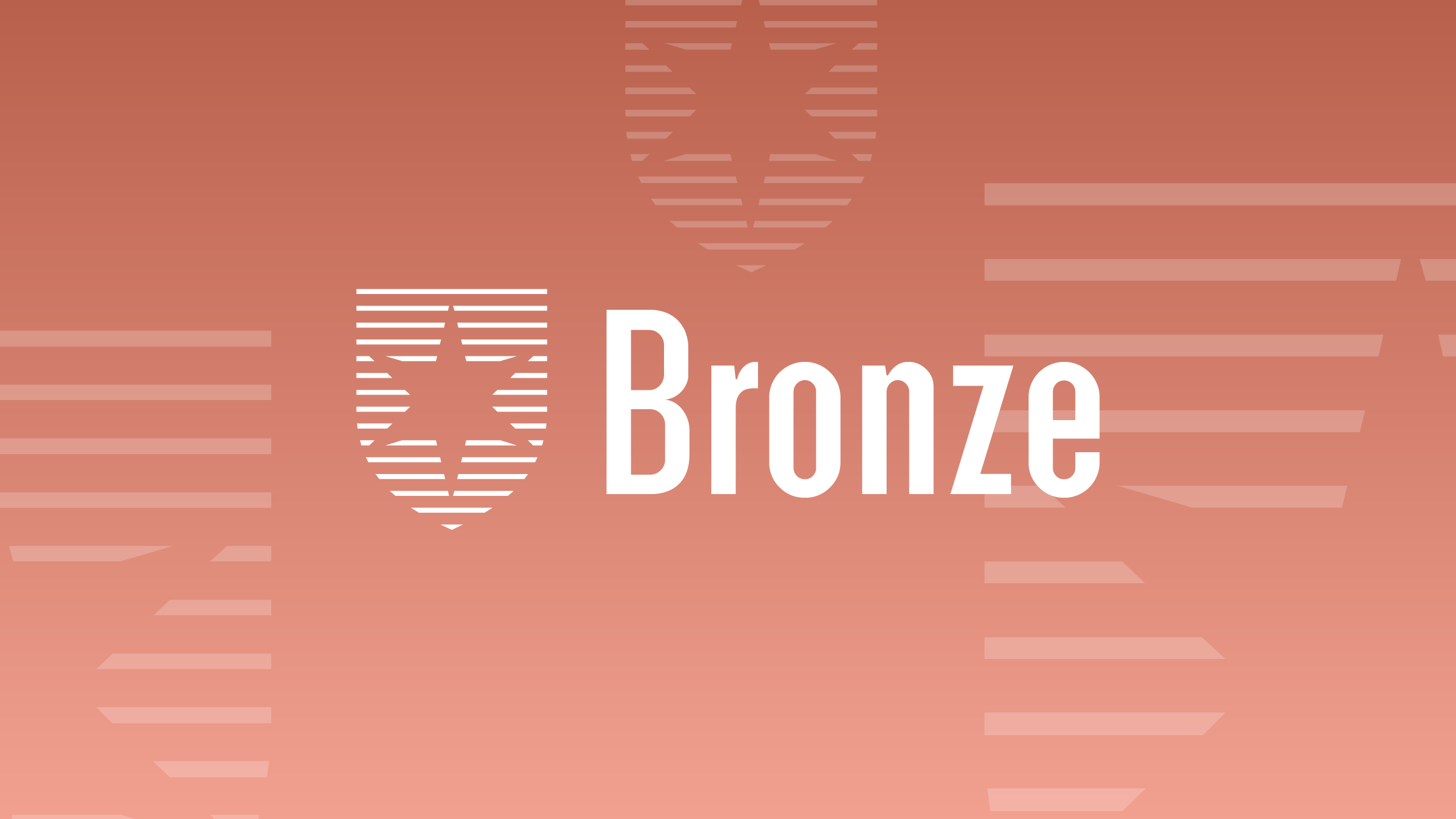
I am going to pen down my thoughts on an acronym I dislike, but given its popularity, I cannot ignore. The movement that is reframing retirement discourse: FIRE – Financial Independence, Retire Early.
I bear no ill towards those who evangelize on the merits of FIRE. In fact, I admire their grit and focus to kick up the “9-to-5 routine” and live life “on their terms”.
I, on the other hand, don’t have the courage to contemplate an early retirement, considering life’s unexpected curveballs. Moreover, am shamelessly addicted to the monthly paycheque. Lastly, I’m not in the least bit enamoured by the early retirement proposition; I like showing up to work daily.
What grabs my attention is the other part of the equation – financial independence. This must form the basis of everyone’s financial strategy, irrespective of when they plan to retire.
For those who believe an early retirement is some sort of nirvana, here are some pointers to use as a compass to point you in the right direction.
#1. What is it that you are retiring from, and retiring to?
Are you planning to quit working altogether and indulge in hobbies such as gardening, cooking, travel and volunteering for a cause you feel passionate about? You may opt for a partial retirement where you work as a consultant or opt for freelance projects. Retirement is not a destination, and certainly not a “happily ever after” reality. You have to plan through it. Building up a retirement corpus is just one aspect. Figuring out your life and how you plan to spend your time is the other. It would be a shame if you attained the financial independence to enable an early retirement, only to be confronted by an existential crisis. Be sure to ask yourself what it is that is driving you. If it is just dislike for your job and the lack of fulfilment, maybe a thoughtful career change would do the trick. If the long commute and city life are wearing you out, would you be open to relocating? The point I am making is not to assume that the only way out is an early retirement.
#2. Start with a different construct.
The moment you start from a different context, there will be a paradigm shift in your thinking. Wrong goal: Retire early. Correct goal: Financial independence. Wrong question: At what age must I retire? Correct question: What are the emotional, mental and physical issues pushing me to retirement? Wrong target: What corpus size will be sufficient? Correct target: What will be my source of income and cash flow when I retire? Evidently, there are interdependent factors at play. None of the above can be answered exclusive to the other. But this practical approach will throw light on what you perceive as financial independence. Your magic number may be a million dollars, but for someone of the identical age and similar social status, it could be two million. After all, financial independence is not just a number. It is not about having money to cover all your expenses. It is about psychological independence too. What is the corpus amount that will help you overcome your insecurity? What is the income that makes you feel taken care of?
#3. Are you ready to live frugally?
The harsh reality that underpins it all is the fact that early retirement is predicated on significant sacrifice. Unless you are earning obscene amounts of money, you will have to get thrifty. To retire early, you should be saving at least half of your salary and keeping spending to a low. Now it need not be extreme. Recently, I learned of a 36-year old corporate lawyer in New York who lives in New Jersey to avoid taxes, is reluctant to turn on the heat during winter, and eats mostly rice and beans so that he can save 70% of his salary. If you are seriously contemplating retiring early, please watch this 12-minute video of a couple who retired before either of them hit 40. It is tempting, but incorrect, to view financial independence as a pendulum swinging between two extremes - either you are financially independent, or not. View it as continuum. View it as a scalable project. With every single decision and every single paycheque, you are moving closer to financial freedom.
#4. Be open to disruption.
Let’s assume you retire. Expenses change. It could well be that your lifestyle has been inching upwards and you need more than what your savings and investments provide for. You may find that your calculations were wrong; you assumed too low a rate of inflation and too high a return. You could have a tragedy in the family that forced you to dip into your corpus. In all the above circumstances, you may have to get back to work. Keep upgrading your skills. Develop new ones. You need to have something to fall back on should you have to rejoin the workforce. Keep networking, even if it is low-keyed.
#5. It may be wise to take professional help
Financial independence and early Retirement are not necessarily linked at the hip. They exist independently too. To retire, you must be financially independent. Though I do know of individuals who are dependent on their children for support. You can be financially independent and choose not to retire. Plenty fall into this category. Retirement is solidly on your own shoulders. Most safety nets have been pulled out. Don’t make any decision lightly. The earlier you retire, the more the time your money will have to suffice to out-save inflation and non-working years. Being old and broke is a terrible reality. Don’t be afraid to seek professional expertise.




















